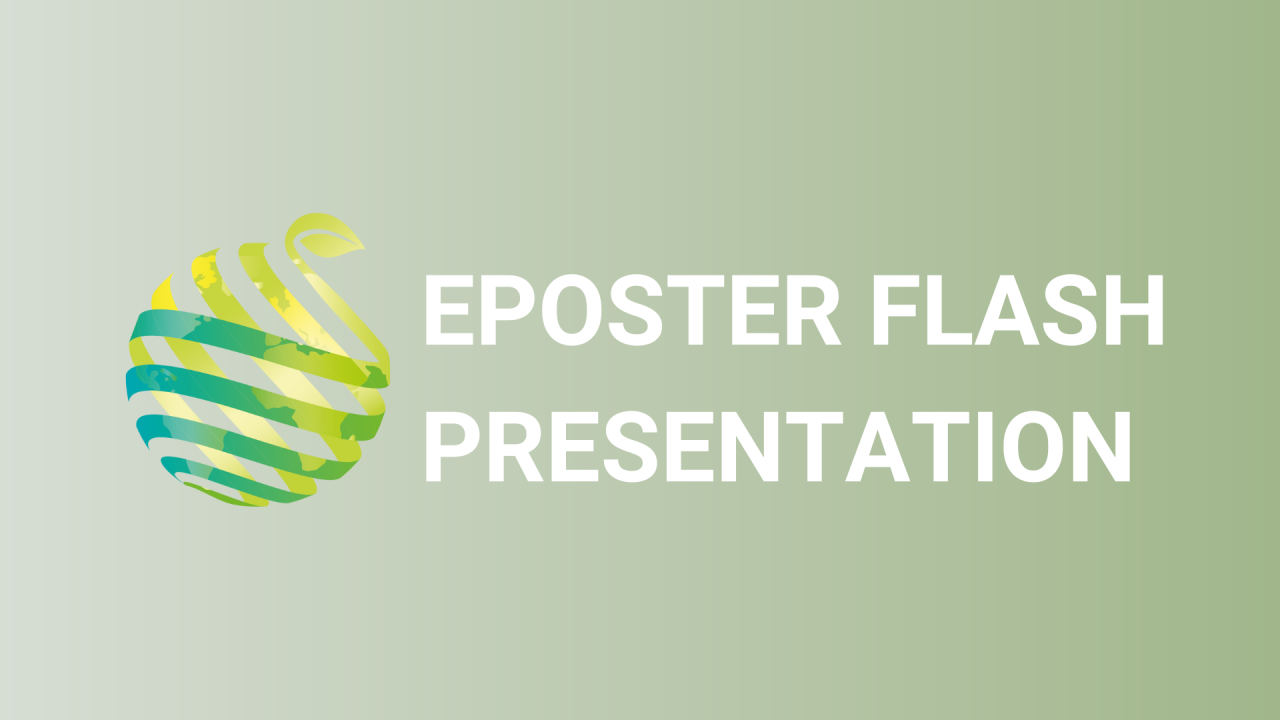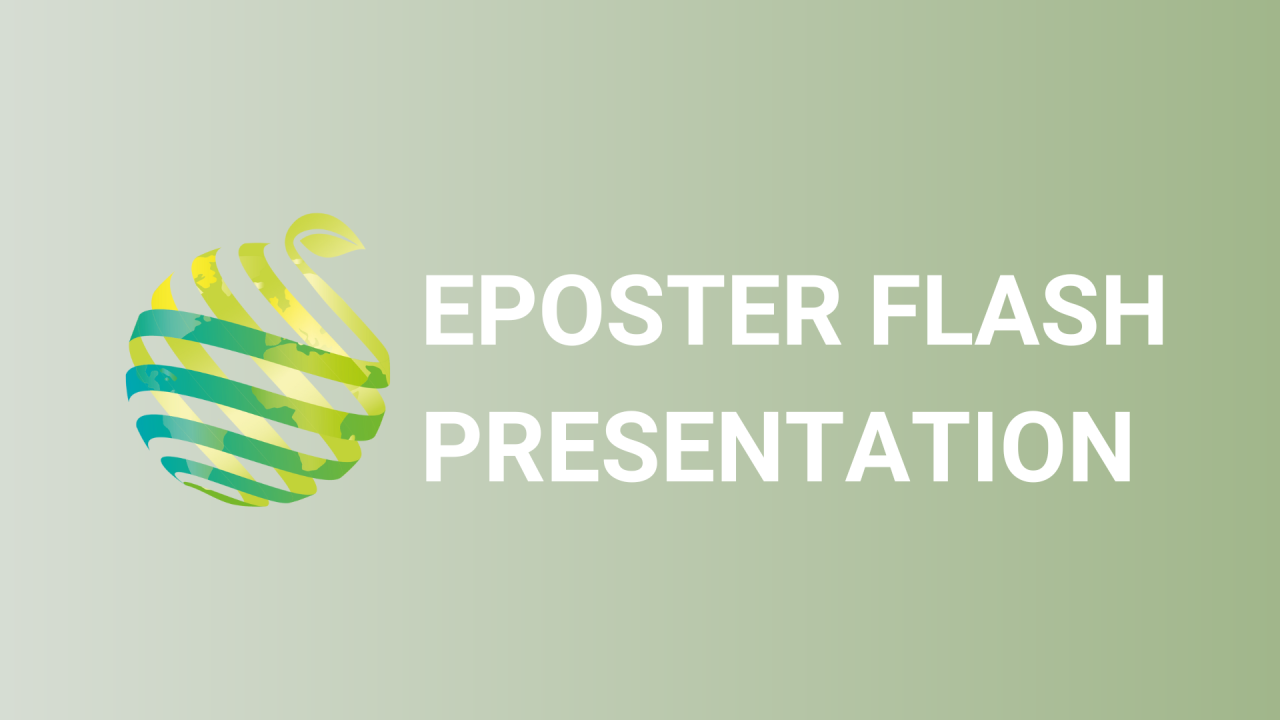

S01 - Session P4 - Determination of hybridization possibilities between Solanum melongena and wild relatives for rootstock and line breeding
Information
Authors: Sevtap Doksöz Boncukçu *, Naif Gebololu
Eggplant ( Solanum melongena ) is one of the most important vegetables grown worldwide. However, cultivated eggplant is susceptible to many soil-borne diseases and pests. Wild relatives of eggplant are a good genetic resource, particularly for resistance to biotic and abiotic stress factors. This study conducted in Turkey in 2019 aimed to determine the possibilities of hybridization between S. melongena and closely related species for eggplant rootstock and line breeding. In the present study, reciprocal interspecific hybridization was performed between 10 wild species ( S. incanum, S. sisymbrifollium, S. aethiopicum, S. macrocarpon, S. linnaeanum, S. anguivi, S. khasianum, S. lichtensteini, S. indicum and S. integrifollium ), one eggplant rootstock ('Köksal' F 1 ), and 4 cultivated genotypes of eggplant. In total, 2400 fruit were raised. The crossability relationship of species was determined by the rate of fruit set (%), number of seeds per fruit, and germination (%) of F 1 seed. The fruit set rate ranged from 0% to 80%, with the highest fruit set obtained for S. aethiopicum group Shum x S. linneaenum (10) (80%) and S. integrifollium x 'Anamur' F 4 (80%) hybrids. The highest number of seed (2048) was obtained for S. incanum x 'Anamur' F 2 , followed by S. anguivi (29) x 'Anamur' F 2 (1020) and S. incanum x S. anguivi ( 29). The highest germination of F 1 seed (96.7%) was recorded in 'Anamur' F 4 X S. anguivi (29). The lowest seed germination rate was obtained for hybrids made with S. linneaenum .